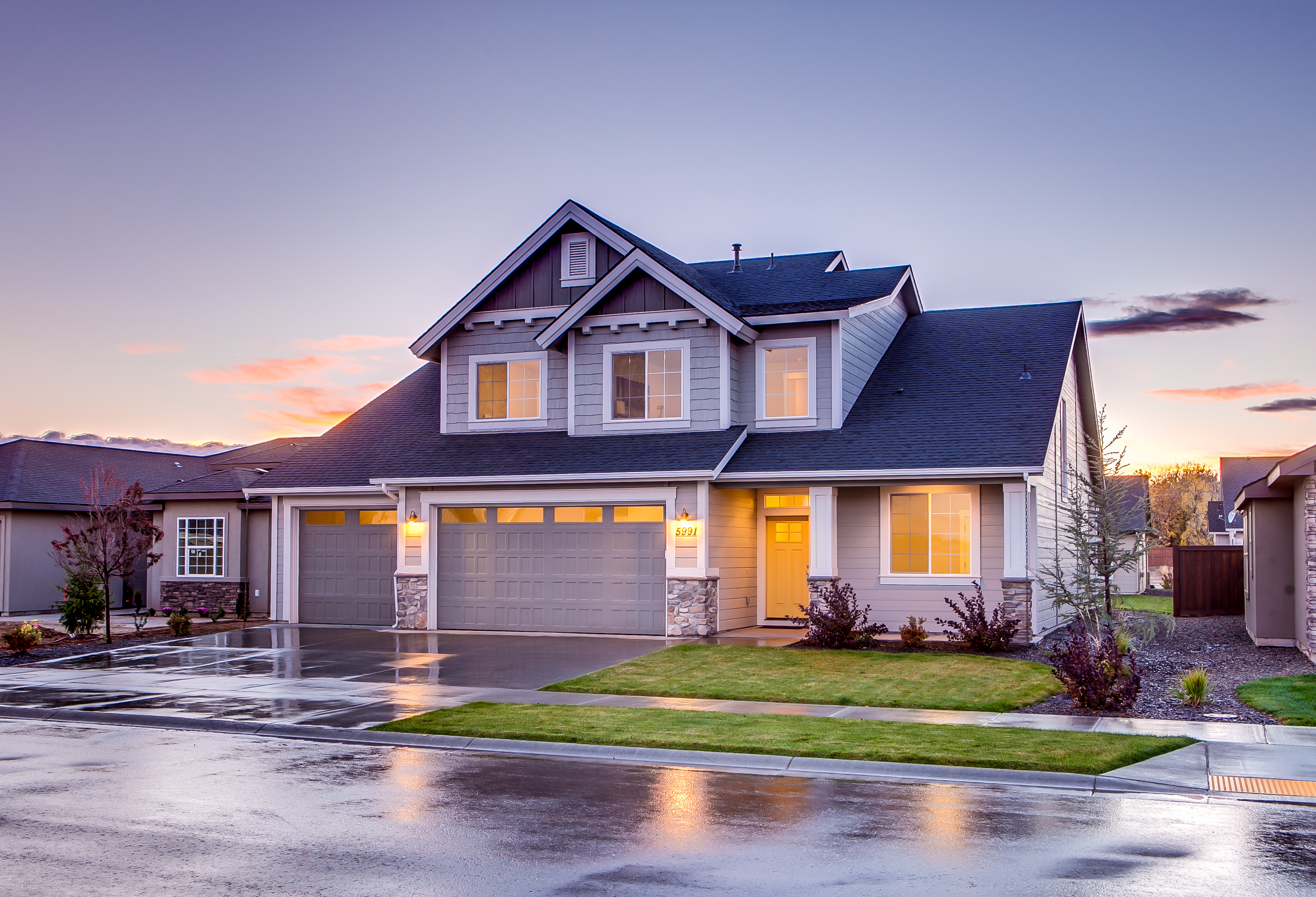
Smart home technology is beginning to go mainstream, and it’s only a matter of time before integrated “smart homes” are as commonplace as smartphones are today. Through interconnected, wireless systems, we’ll have full control over our homes, remotely controlling and monitoring temperatures, humidity levels, and even the function of our lights and appliances.

Smart home technology is beginning to go mainstream, and it’s only a matter of time before integrated “smart homes” are as commonplace as smartphones are today. Through interconnected, wireless systems, we’ll have full control over our homes, remotely controlling and monitoring temperatures, humidity levels, and even the function of our lights and appliances.
But living with smart home technology is about more than exerting control over your environment; you’ll also have the ability to gather more data about how you live your life, and use that data to improve your own lifestyle. So is it possible that smart homes can help us live not only easier lives—but better ones?
Benefits for Homeowners
These are just some of the ways homeowners may be able to use smart home-collected data to improve their own lifestyles:
-
Heat and cool more efficiently. As described by LennoxPros, “today’s smart thermostat technology gives homeowners more control over their home temperature and energy expenditure. That control will only improve as technology gets better and better.”Smart home tech will help you monitor when you use more energy to heat and cool your home and control your temperature accordingly. Over time, you can develop more energy efficient practices, leading to a more comfortable home and lower utility bills.
-
Monitor and track your habits. You could also use your own smart home’s data to track your habits. Depending on your intentions, you could use this to track your progress toward a goal (such as monitoring how much you exercise), or how you’re living your life (such as how much time you spend watching television). You could then use this data to make meaningful changes in any direction you want.
-
Eat healthier food. Today’s smart ovens and refrigerators can already tell you much about the types of food and beverages you consume. In the near future, these capabilities will expand even further, allowing you to measure and track your consumption of nutrients. Paying attention to the foods you eat could help you find a better nutritional balance and improve your overall health.
-
Pay attention to your environmental impact. You could also use your smart home’s ability to track your energy expenditure and waste to estimate your home’s environmental impact. If you’re striving to live a minimalistic lifestyle, as green as possible, this could be a huge help in tracking your habits.
-
Budget more effectively. If you’re using your smart home to purchase products, such as refills of commonly used products or groceries, you could even use your purchase history data to create a more fiscally responsible budget. You could use the technology to find more budget-friendly alternatives, and spend less money overall.
-
Measure safety risks and damage. According to a recent report by icontrol, “90 percent [of customers] agree that security is one of the most important reasons to purchase a smart home system.” A smart home system could theoretically tell you where the weak points in your home’s security are, such as unlocked windows or doors, as well as keeping you informed of incidents of damage, such as a broken window or a fire. This level of monitoring could help you adopt better safety and security practices, and minimize potential future damage.
Privacy Concerns
Of course, gathering this much data on you and your family may not be a comfortable thought. Data privacy is also a major concern, for a number of reasons:
-
Corporate use. If businesses get your personal information, they could use it to advertise to you, in multiple formats and possibly in new ways.
-
Hacking and control. If someone gains access to your home system, they could potentially take control of any device within your house, leading to major security risks.
-
Exploitation. If someone gains sensitive personal information, they could exploit it for personal gain by selling it or holding it hostage in exchange for money.
The reality is, every new technology comes with some new strengths and benefits, and some new vulnerabilities. It’s a trade-off that’s been beneficial in the past, and will likely continue well into the future. If you’re concerned about the privacy of your data, take measures to protect yourself by increasing security with stronger passwords, limiting your exchange of sensitive information, and reading privacy policies carefully. Beyond that, take advantage of all the data you’ll gain, and start living a better life within your smart home.